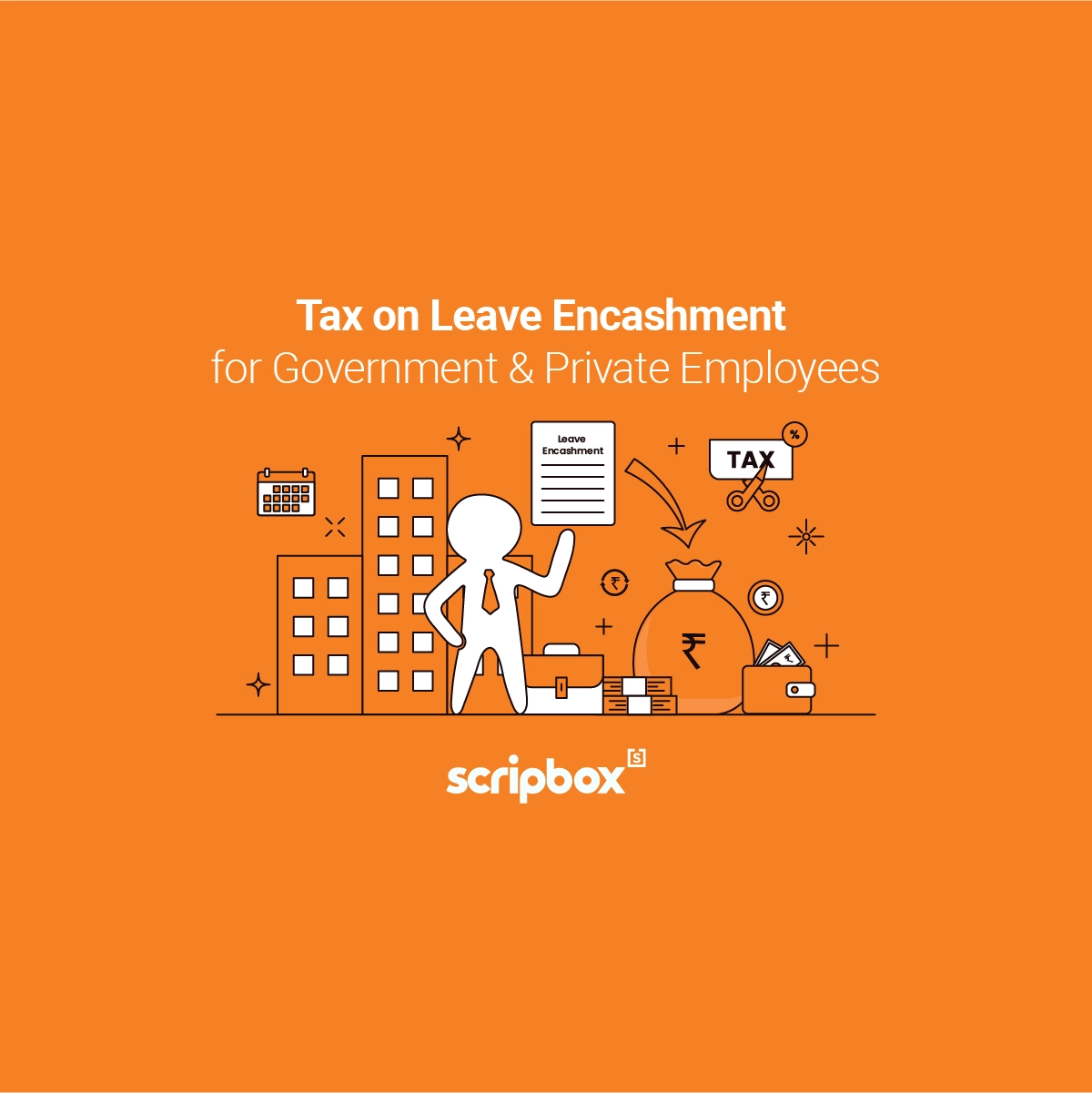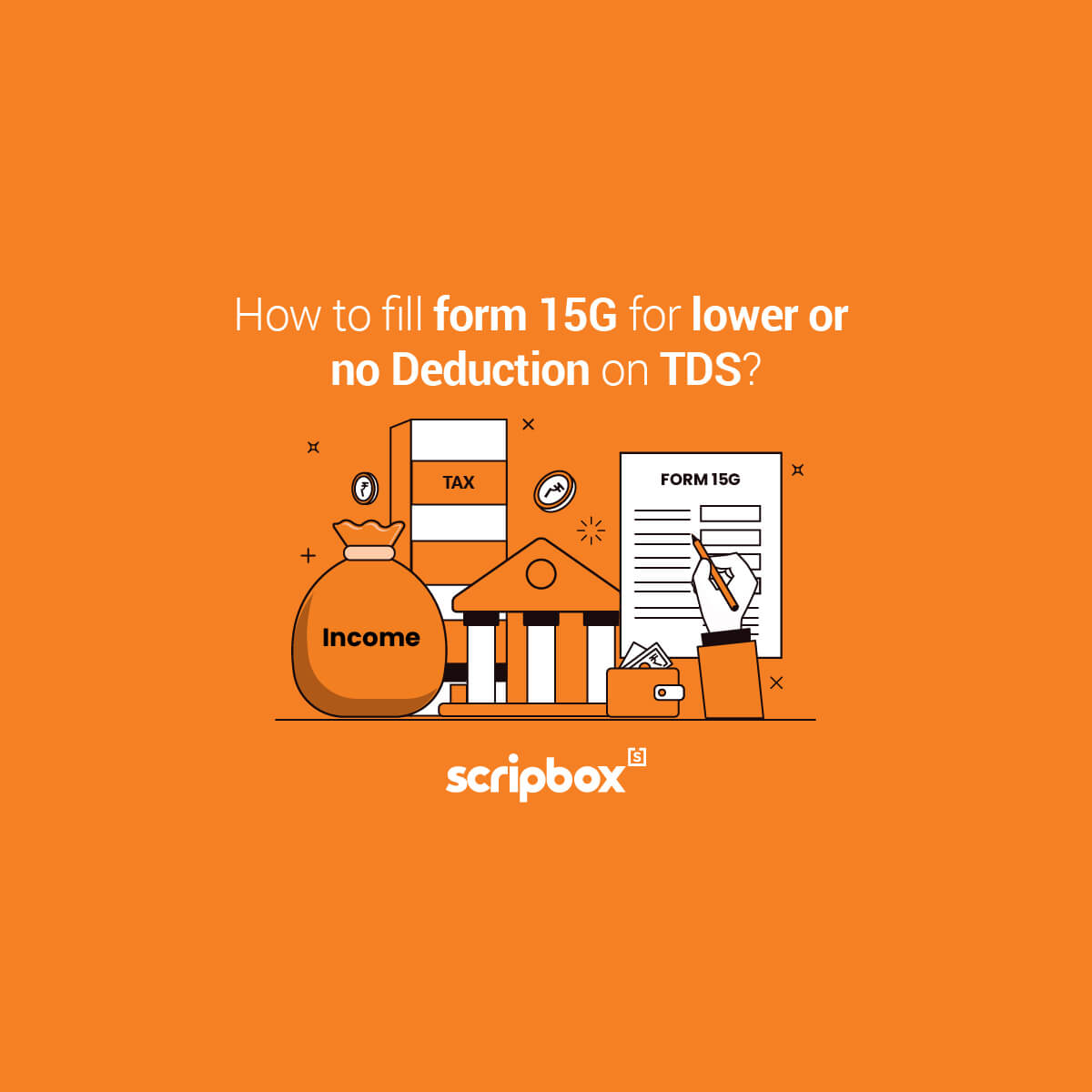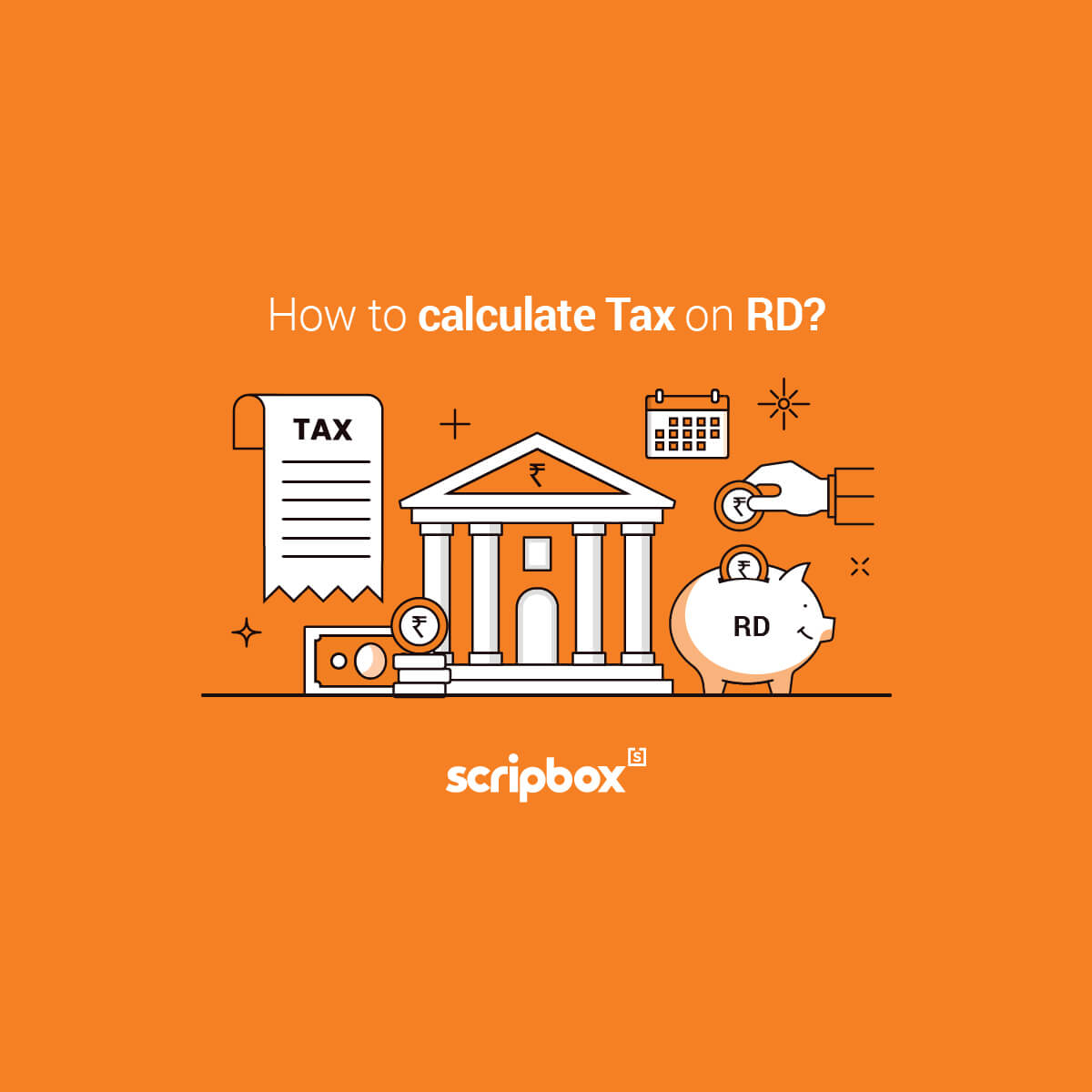Superannuation is a retirement benefit and potentially a good way for an employee to plan their financial security. Employers also offer other retirement savings schemes such as provident funds, gratuity, or National Pension System (NPS). Here we will help you understand the superannuation scheme in detail to avail of its benefits.
What is Superannuation?
The term ‘superannuation’ means becoming retired. Wherein retirement may be because of age or a physical disability. Employers offer a superannuation benefit to their employees as a retirement scheme.
How Does Superannuation Work?
The employer offers the superannuation as a retention benefit wherein a fixed percentage is contributed towards it.
Calculation of the amount of contribution is done on the sum of an employees’ basic pay and dearness allowance. A percentage of the sum up to a maximum of 15% is the employer’s contribution to the scheme.
Employees also contribute the same percentage to the scheme as an investment for their future. Your Cost To Company (CTC) includes the benefits and contributions made by the employer under the superannuation.
Employers contribute to the group retirement fund on behalf of employees towards the group policy held by him. There are a variety of options for managing this, including opening up their own trust or investing in approved ones. Insurance companies also provide superannuation schemes like LIC’s New Group Superannuation Cash Accumulation Plan and ICICI’s Endowment Plans etc.
You can also opt to contribute an additional amount to the same fund in case the scheme allows. At the time of retirement, you can withdraw up to 1/3rd of the accumulated benefit. The balance amount transforms into an annuity fund. You can choose to receive the money as regular pension or annuity returns at chosen intervals.
Your superannuation funds are secure even when you change your job. There is an option to transfer the funds to your new employer or hold them until retirement. You can also withdraw the funds completely in case your new employer does not offer superannuation benefits.
Types of Superannuation Benefits
Following are the types of superannuation benefits you can avail:
Defined Benefits Plan
In this type of superannuation plan, you get fixed benefits irrespective of the contribution to the plan. The benefit amount is calculated in advance using a pre-existing formula. The calculation is based on various factors such as the years of service and salary. Your age of reaping the benefits of the scheme is also specified during the initiation of the scheme. It involves higher complexity while the risk of generating scheme benefits lies with the employer. Upon retirement, you receive the pre-decided amount at regular intervals.
Defined Contribution Plans
Unlike the defined benefits plan, the defined contribution plan has a fixed pre-determined contribution amount. The benefits you get are directly correlated with your contribution and are driven by market forces. Though more manageable, the risk of this type of benefit lies with the employee. You cannot accurately predict the amount you will receive upon retirement.
Income Tax on Superannuation
Both employers and employees can enjoy tax benefits under the superannuation scheme. An eligible organisation must receive approval from the Commissioner of Income Tax to implement the scheme.
Employer
- Employers can avail tax benefits under Section 36 of the Income Tax Act. They can file their contribution to the superannuation fund as an expenditure deduction.
- Trustees can avail tax exemption under Section 10 of the Income Tax Act on income from an approved superannuation fund.
- A combined upper limit of Rs. 7,50,000 has been made applicable for the employer’s contribution to retirement funds. It includes schemes like NPS, EPF, superannuation, and other funds.
- The government has made changes to the tax regime for employers. Under this new system, any contribution made by an employer over Rs. 7,50,000 is taxable. Therefore, employer’s income now includes interest, dividends, or other benefits accumulated on retirement funds and is also taxable.
Employee
- Employees can avail income tax deduction upon their contribution to an approved superannuation fund. The deduction is applicable under Section 80C of the Income Tax Act.
- Employees have to pay taxes on the employer’s contribution value exceeding Rs. 1,50,000. It is applicable under Section 17(2)(vii) of the Income Tax Act.
- Additionally, if you withdraw up to ⅓ rd of the annuity fund after retirement it is exempt from taxation.
- Funds released on account of an employee’s demise are exempt from taxes. Any payment received on incapacitation leading to loss of job before age of retirement are also eligible for tax exemption. It is applicable under Section 10(13) of the Income Tax Act.
- Income tax is not applicable to the interest you earn under the superannuation scheme.
You can read our article on Section 43B























Show comments